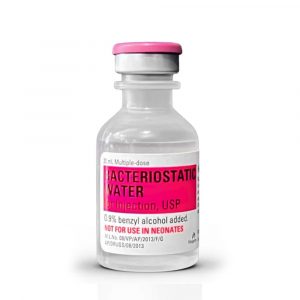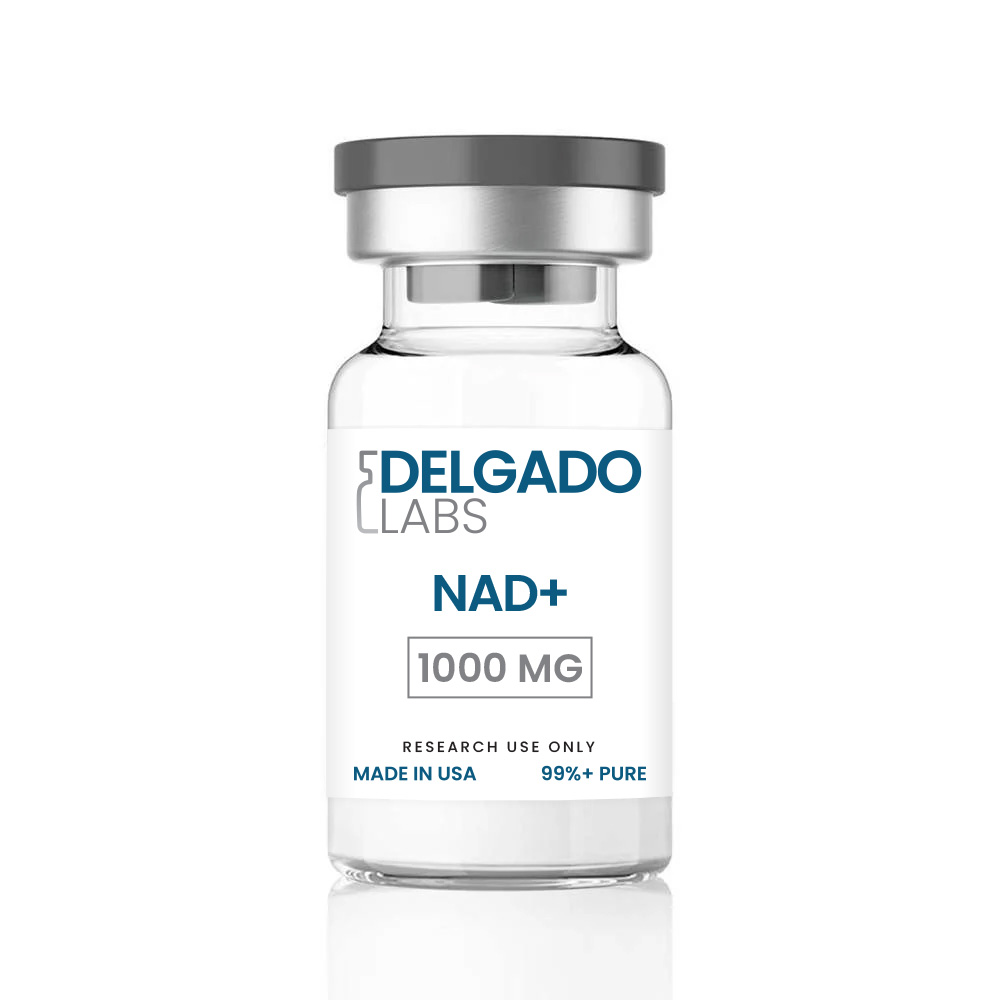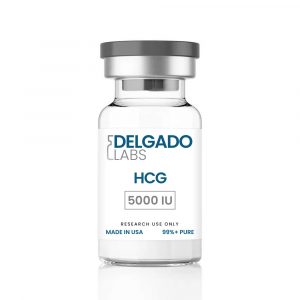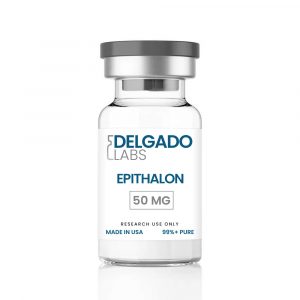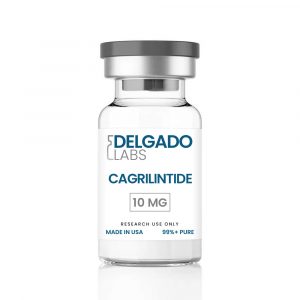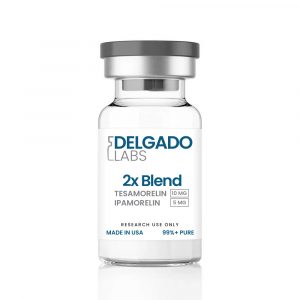Description
What is NAD+ (1000mg)?
Nicotinamide adenine dinucleotide, commonly known as NAD+, is a crucial compound with various essential roles in cellular processes. As the oxidized form of NADH, it participates in carrying electrons between biochemical reactions, facilitating the transfer of energy within cells. NAD+ is integral to fundamental biological functions, including enzyme activation/deactivation, posttranslational modification of proteins, and intercellular communication. Beyond its intracellular activities, NAD+ also serves as an extracellular signaling molecule, being released from neurons in various tissues, such as blood vessels, the bladder, the large intestine, and specific neurons in the brain.
Research has illuminated the potential benefits of NAD+ in diverse physiological aspects. One significant area of interest is its impact on aging-related processes. Studies suggest that NAD+ may have a role in mitigating the effects of aging, with implications for muscle function and the protection of cells in the nervous system. The intricate involvement of NAD+ in cellular energy dynamics and its multifaceted roles make it a subject of ongoing exploration in scientific research, aiming to unveil its full spectrum of effects and applications in promoting overall health and well-being.
Chemical Structure of NAD+ (1000mg)
Nicotinamide adenine dinucleotide, or NAD+, is a coenzyme that plays a crucial role in various cellular processes, particularly in energy metabolism. Its chemical structure consists of two nucleotides joined by phosphate groups. The adenine base, a ribose sugar, and the nicotinamide moiety constitute the two nucleotides in NAD+. The nicotinamide is linked to the ribose via a glycosidic bond.
The chemical structure can be represented in a simplified form:
Adenine−Ribose−Phosphate−Nicotinamide−Ribose−PhosphateAdenine−Ribose−Phosphate−Nicotinamide−Ribose−Phosphate
The adenine and nicotinamide groups are the key functional components responsible for the coenzyme’s role in electron transfer reactions and energy metabolism within cells. The detailed sequence involves the specific arrangement of atoms within these components, forming the essential structure that allows NAD+ to participate in various biochemical reactions critical for cellular function.
What Are the Effects of NAD+ (1000mg)?
Anti Aging
NAD+ has garnered attention for its potential anti-aging effects. As cells age, the levels of NAD+ tend to decline, and this reduction is associated with impaired cellular function. Research suggests that supplementing with NAD+ may contribute to cellular rejuvenation and improved overall health, potentially slowing down the aging process. By supporting various cellular functions, NAD+ may help mitigate the impact of aging on tissues and organs.
Increased Muscle Function
NAD+ plays a vital role in cellular energy production, particularly in the form of ATP. Adequate NAD+ levels are crucial for efficient mitochondrial function, which is essential for muscle performance. Some studies indicate that NAD+ supplementation might enhance muscle function and endurance, making it of interest for athletes and those looking to maintain or improve their physical capabilities.
Neurocognitive Health
The role of NAD+ extends to the nervous system, where it influences neurocognitive health. NAD+ is involved in maintaining the health of neurons and supporting various processes related to cognitive function. Some research suggests that NAD+ supplementation may have neuroprotective effects, potentially benefiting brain health and mitigating age-related cognitive decline. Further studies are ongoing to explore the full extent of NAD+’s impact on neurocognitive function.

